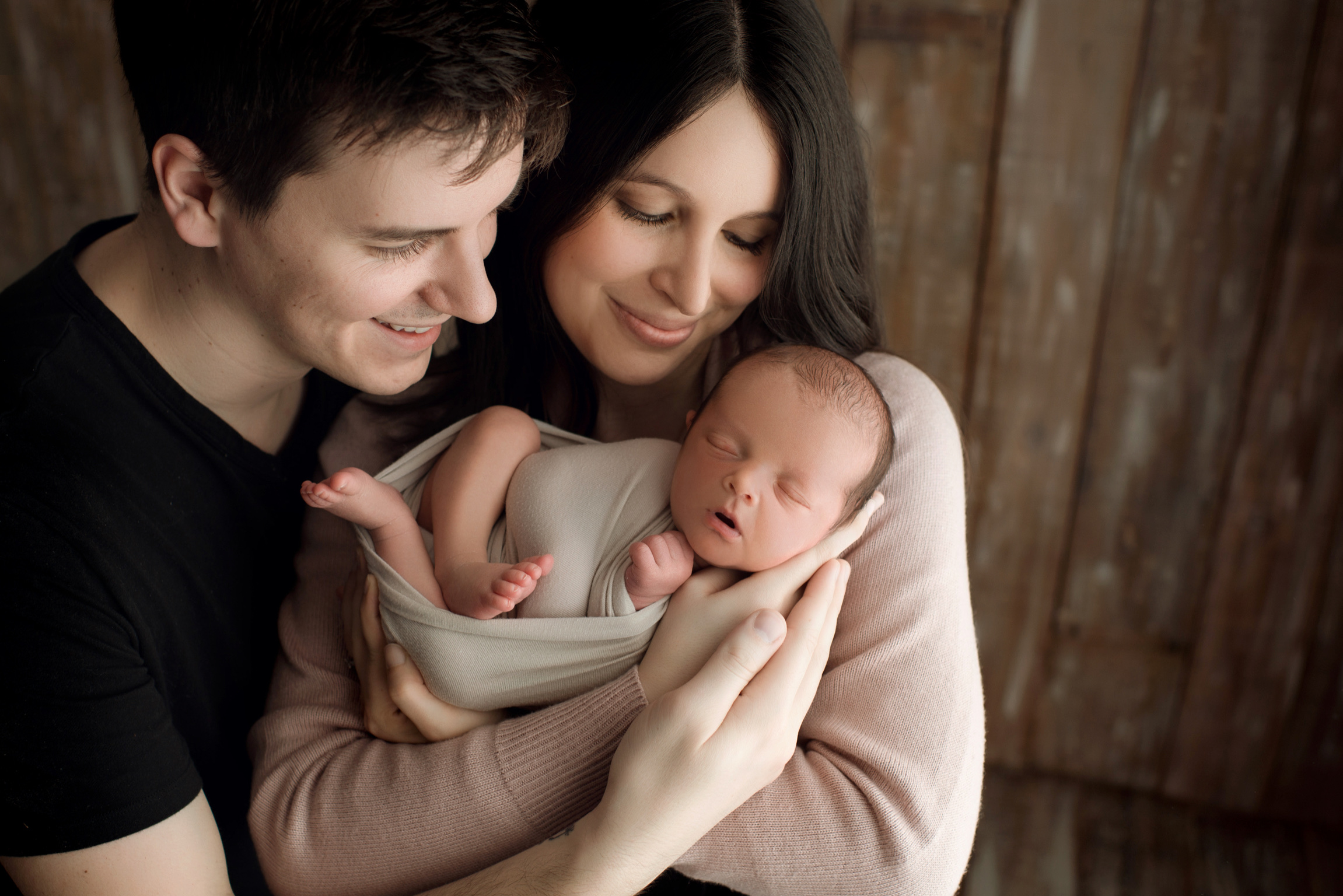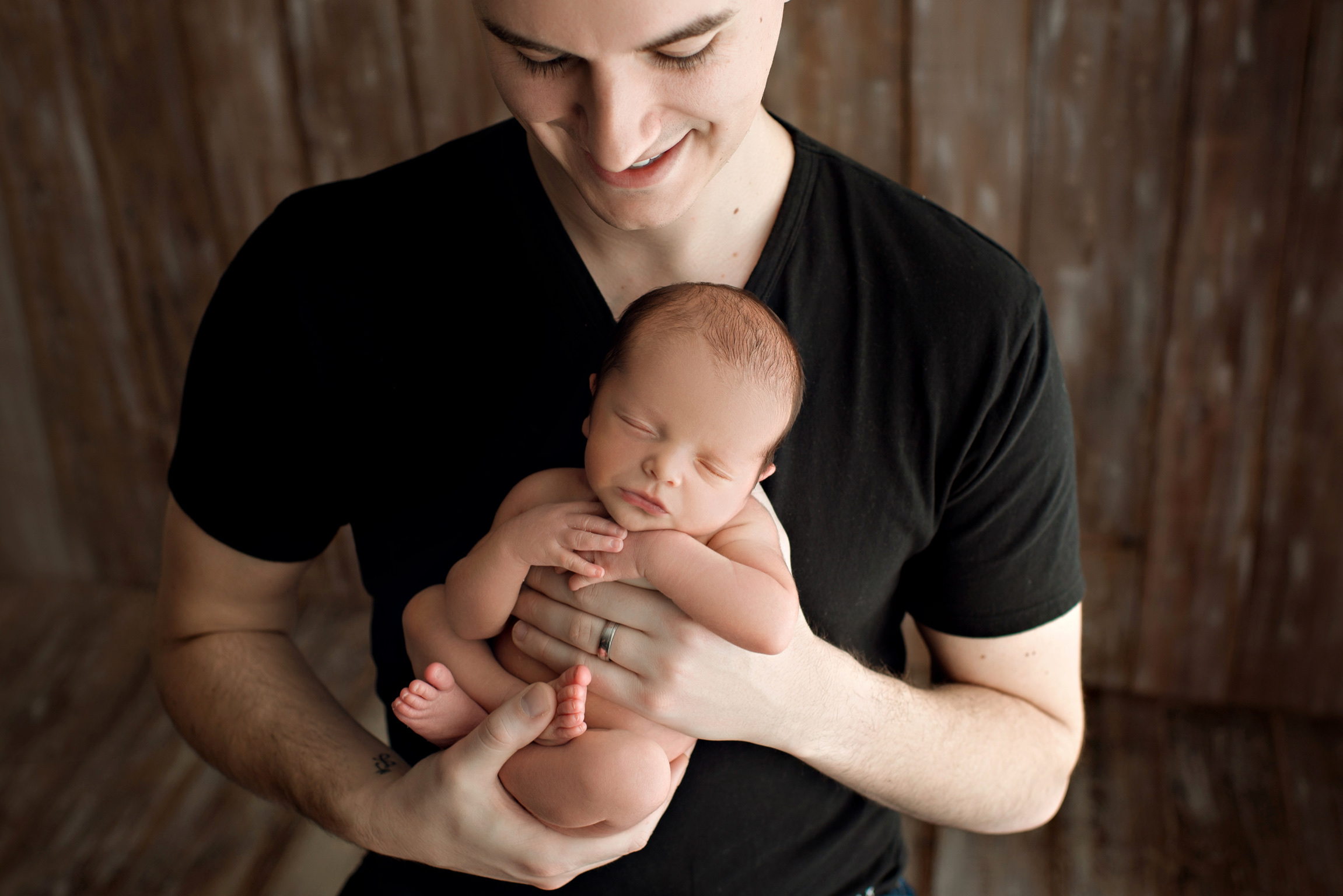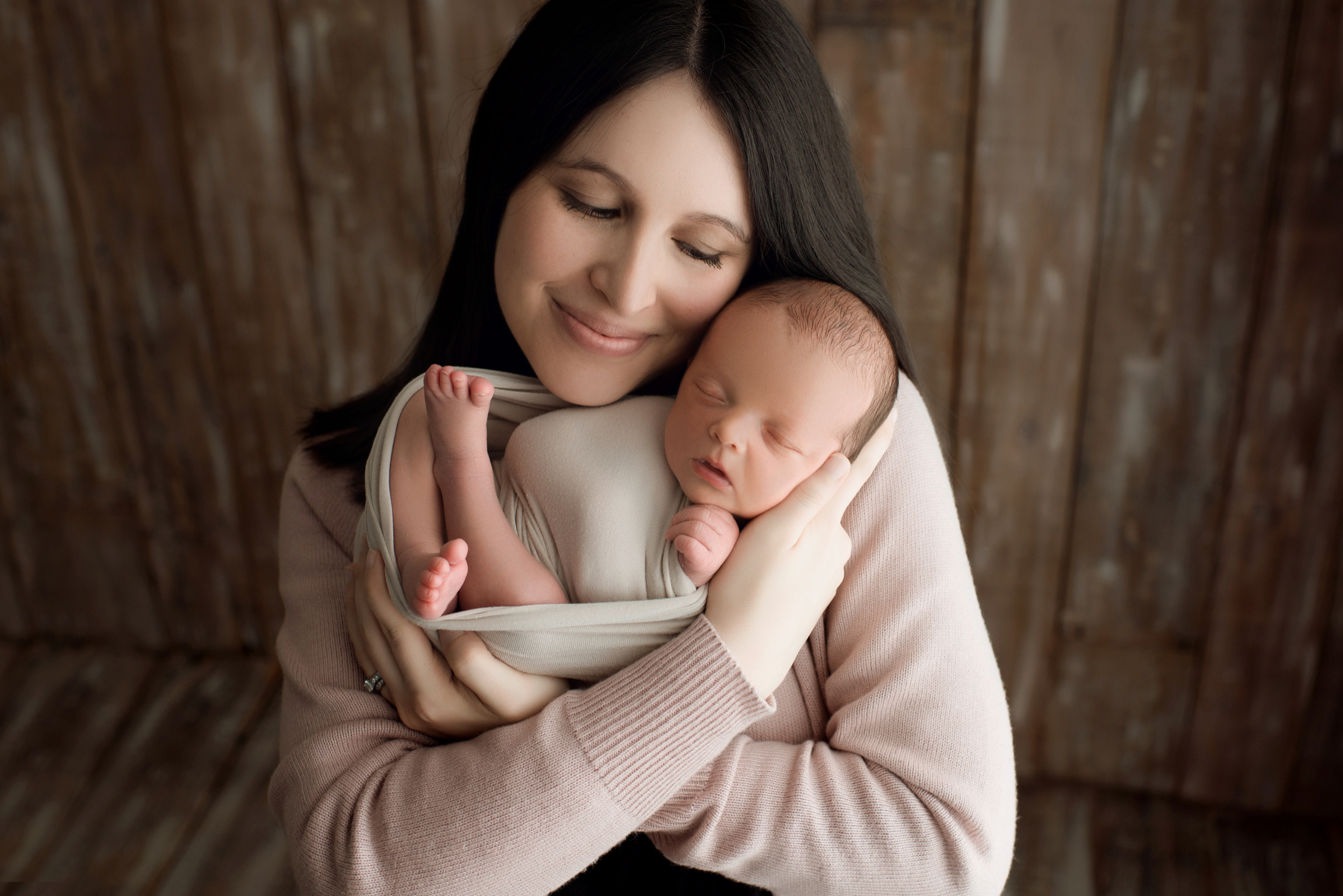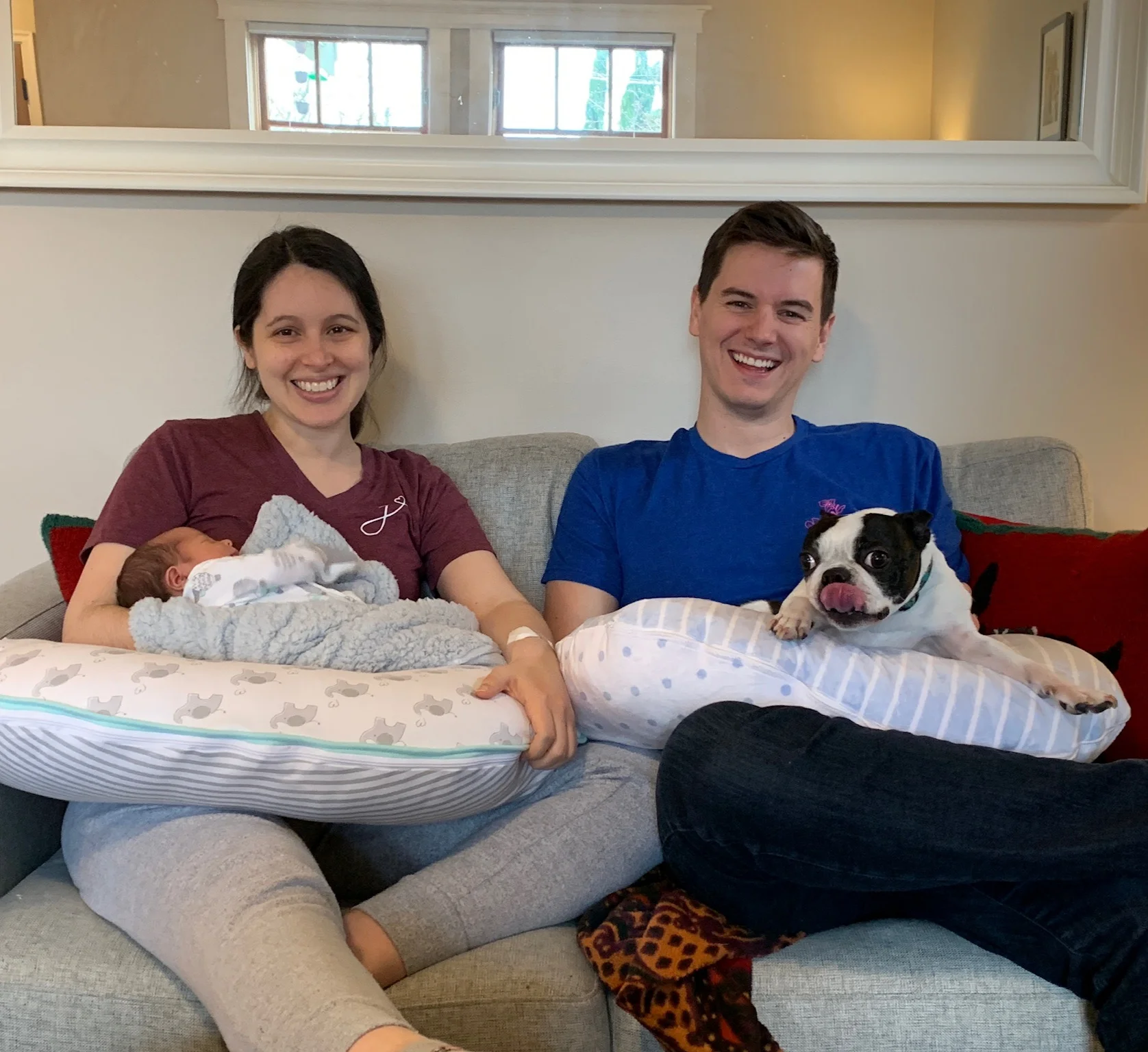Second-Time Parenting
For most parents, second-time parenting is all about juggling how to care for a new baby and a young child at the same time. Things like: moving the oldest to a toddler bed, dealing with conflicting nap schedules, fitting two car seats into a backseat, and protecting babies from the sweet (but sometimes-too-rough!) adorations and jealousies of the older sibling.
For us, it’s been different. And this was apparent from the get-go with things like wondering whether to join a new PEPS parenting group. On the one hand, it didn’t make sense to join a “new parents” group, because we’d done this all before. On the other hand, it also didn’t make sense to join a “second-time” parents group, because we would have had completely different experiences without a toddler at home. We felt like misfits without a home.
Now that Owen is here, we continue to notice ways that our parenting experiences are different. We sometimes wonder if these behaviors just seem like consequences of grief — but are just common, “run of the mill” second-time-parenting experiences, albeit with just a slightly different flavor after what we’ve been through:
When I was pregnant and worried I wouldn’t love my second baby as much as my first: did that mean I wasn’t ready to have another child after losing Jackson? Or, as I later learned, was this just a normal fear that almost every second-time mom worries about?
Once Owen was born and I started making side-by-side collages of our two sons at similar ages in matching outfits: were we morbidly trying to recreate Jackson?
When we found ourselves comparing the boys’ temperaments, milestones, and behaviors (e.g., “Jackson was a better sleeper”; “Owen took longer to roll over”): were we bemoaning the ways that Owen was not “as good” as his idealized dead brother? (For the record, Owen is also gigglier!).
When we mixed up their names and accidentally called Owen “Jackson”: were we deluded or confused?
Or, as we had to keep reminding ourselves, were these just the behaviors of any second-time parent? Would we also be sharing clothes, making photo collages and comparisons, and occasionally mixing up their names even if Jackson was still here?
On the flip side, there are some other parenting behaviors we know are different because we lost a child. For example, we monitor Owen’s vital signs (heart rate and respiration) whenever he is asleep using an Owlet sock on his left foot. We also say “goodnight” with just a touch more gravity than we ever did before. Sleep training Owen (in Jackson’s crib, no less) has undoubtedly been made harder by the fact that the last sound I ever heard from Jackson was the sound of him crying before putting himself to sleep. And yes, we are a touch more cautious about all the other things, too, like germs and driving, because statistically he is more likely to succumb to injury or death from these dangers than from sleeping in his crib. Although it may seem like a rabbit hole to imagine all the ways Owen could be harmed, I have actually found that it helps me stay sane to recognize all the ways I already tolerate risk and uncertainty (e.g., by taking him out in public and commuting with him in my car). I tell myself “If I can drive and leave him at daycare, I can put him down to sleep in his crib.”
I’ll admit, tolerating uncertainty has never been my jam. Always a bit prone to anxiety, my brain tends to be on the lookout for ways to ensure certainty and steer clear of unpleasant surprises. This often manifests as excessive worry. But I’ve now learned that worrying doesn’t actually make things more certain or more controllable; I always used to worry about Jackson’s safety and yet we were completely blind-sided by his unpreventable death. Life simply was, is, and always will be uncertain and uncontrollable to some degree; worrying only gives us a false sense of certainty, or the illusion of control. I learned I had a choice: a) live in an uncertain world, or b) live in an uncertain world AND be consumed with useless worry. It’s not easy, but I try to let go of my worries day in and day out.
How does this look for us in practice, when we understandably worry about the possibility of Owen dying in his sleep? We remind ourselves of the facts: SUDC is rare and has never struck a family twice. This helps, but I find that a different practice, one of acceptance, helps even more. I recall my favorite passage from When Breath Becomes Air, a memoir written by a young physician while he was dying from cancer. He’s about to leave his toddler daughter behind in this world, and writes something for her that is so poignant I can never quite get through it without a tear in my eye:
“When you come to one of the many moments in life where you must give an account of yourself, provide a ledger of what you have been, and done, and meant to the world, do not, I pray, discount that you filled a dying man’s days with a sated joy, a joy unknown to me in all my prior years, a joy that does not hunger for more and more but rests, satisfied. In this time, right now, that is an enormous thing.” — Paul Kalanithi
Although Paul’s tragedy was the flip-side of ours (death was after him, not his daughter), these beautiful words speak to a sense of “enoughness” that I try to find every day in my life with my boys. Though many could (and do) say that Jackson died “too young” and “should have” lived much longer alongside us, there is something so beautiful about this father’s acceptance of, and satisfaction with, the time he was given with his child. I have worked hard myself to get to this place. Whatever time I had with Jackson, whatever time I get with Owen, it will be “enough” because they were a gift from the moment they arrived. In some ways, no length of time would ever feel like enough (either I will feel robbed of time, or they will), so I’ve made it my mission to rest satisfied each day. This, above all, brings me peace.
Second-time parenting has been a gift. Bryan and I cherish all the things we get to do again with Owen, that we either did (or never got to do) with Jackson. Second-time parenting is also at times an invisible identity. When we are out and about with Owen, everyone assumes he is our first and only child. And why would they think anything else? In some way, this is a nice reprieve from having to constantly answer “Is this your first?” while I was pregnant. But now that I no longer get asked that question, I find myself missing the invitation to bare my story and share who I am, a mother of two.








